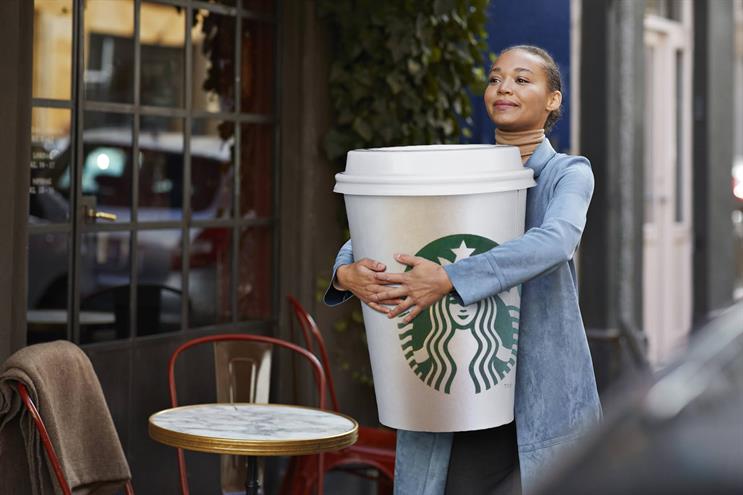Shock news: your customers don’t care about your brand as much as you do, as much as you thought they did or as much as you want them to. And there is very little you can do about it.
There are, of course, exceptions. Fandom evokes feelings close to love. Our football team (Chelsea, obviously) or our favourite band (my and wife and I have seen Keane 13 times, so far) can occupy a major place in our hearts. My son tells me you either wear Nike or Adidas, rarely both. Some queue round the block for the latest piece of Appledom. Bikers may sport a Harley-Davidson tattoo. Marmite, famously, is a brand you either love or (more sensibly) hate.
But, these are the oddities. For most brides, there's a bridesmaid, or several. Most categories don't evoke this degree of passion. Many brands evoke ambivalence rather than warmth. Do you love your brand of toilet cleaner? Does your home-insurance provider make you go weak at the knees? Would you have the logo of your most usual petrol provider tattooed on your arm? Thought not.
Part of the problem here lies with vocabulary. By looking to adopt the terminology of human relationships, by talking about brand love, emotional connection and loyalty, the marketing industry has made a rod for its own back.
Concepts like love and loyalty are profound aspects of the human condition. They have exercised the minds of poets, artists and philosophers across the millennia. For brands to think they can talk about their relationship with consumers in anything like the same terms is presumptuous, arrogant, even laughable.
Brand love: I love you but I'm not in love with you
So, what does the thing we call brand love actually look like? Helen Edwards, author of Creating Passion Brands, speaks of an "" in between, at one extreme, brands that are no more than transactional processes (you need something, you get it, you use it) but no more, and true love at the other extreme. Apart from the exceptions like those mentioned, many brands sit somewhere in between, and the list of these brands is different for each of us.

We feel some kind of closeness for brands like these, but it's not love, not romantic love at least. Maybe, we'd miss them if they were gone but we'd soon replace them with something similar. I'm not saying that attempting to create an emotional connection isn’t worth the effort – it is, because when it works it can really pay off. However, brands must strike the right balance between the relationship basics, and the extras.
Brand loyalty: what we're really talking about here is incentivised habit
Similarly, loyalty in a brand context is not the same as loyalty between friends, family, team-mates, or those in military units. At best, brand loyalty is better regarded as incentivised habit. We count a consumer as loyal to our brand based on them continuing to buy it, irrespective of why they do so. Loyalty between friends is about sticking with someone through thick and thin. For brands and consumers not so: for all but your most ardent fans, you're only ever one bad experience away from losing them for good. Better for brands to work on the assumption that every purchase is a first-time event. Every consumer needs to be won over anew, avoiding the complacency that comes with any assumption of repeat business.
Covid is weakening the bonds between consumer and brand
During lockdown, consumers cared more about availability, price, convenience and speed than brand, quality or recommendations, according to market insights from . Put simply, they needed toilet paper, and pretty much any brand would do. Consumers forced outside their traditional choice set can often come to realise that cheaper brand X is just as good as the more expensive brand Y that they had used for years. Once weakened, those ties are hard to rebuild.
So, what do I do about it?
Reframe your KPIs in more neutral and attainable terms
While high-end concepts like brand love, emotional connection and loyalty may look good on your mission and vision statement, metrics like awareness, consideration, willingness to pay a price premium, trust in your brand claims, repeat purchase rates and advocacy make more of a difference to the bottom line.
Your relationship with consumers is a two-way street
Before you presume to hit up your prospects with messaging, ask yourself – honestly – is this something they will actually care about? If not, show some restraint. Just because you can message them doesn't mean you should.
It's still worth trying to create emotional connections
Where emotional connections work they really pay off.
Don't overlook the relationship basics
Have a human understanding, always. Make sure you pay equal or greater attention to the short-term branding basics (such as making sure your product is always in stock) as you do to strategic brand-building.
Nick Chiarelli is head of trends at Unlimited
Images: Klaus Vedfelt and GabryC (Getty Images)


